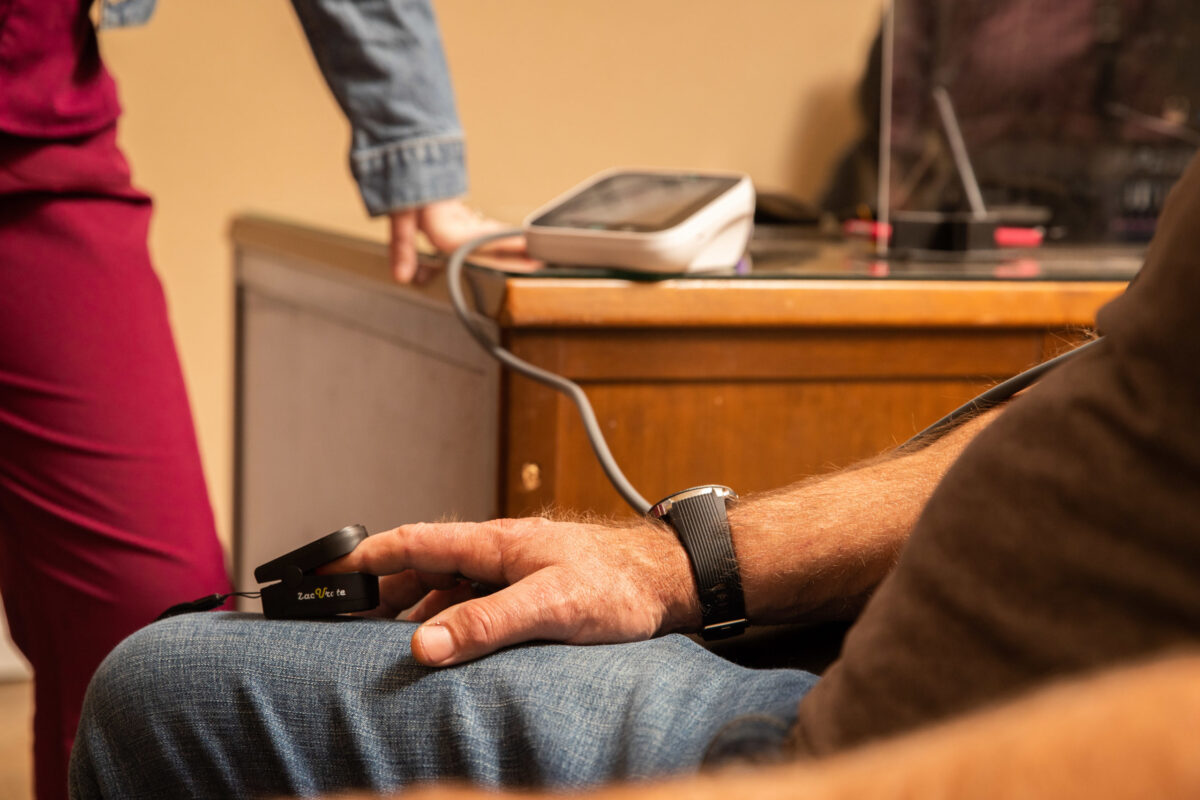Most people are aware that drinking too much alcohol can be detrimental to their health. Many people are aware that excessive and prolonged alcohol misuse can cause liver damage and “alcoholism,” i.e. a severe alcohol use disorder (AUD). If untreated, alcohol addiction can lead to severe symptoms like delirium tremens and death.
According to the Centers for Disease and Prevention (CDC), “excessive alcohol use led to approximately 95,000 deaths and 2.8 million years of potential life lost (YPLL) each year in the United States from 2011–2015, shortening the lives of those who died by an average of 29 years.”
Misusing alcohol over extended periods can lead to other, less well-known negative consequences as well. One is known as alcoholic neuropathy.
“Alcohol can be toxic to nerve tissue,” explained Suzanne Allen on healthline.com. “People who drink too much may start to feel pain and tingling in their limbs. This is known as alcoholic neuropathy. In people with alcoholic neuropathy, the peripheral nerves have been damaged by too much alcohol use. The peripheral nerves transmit signals between the body, the spinal cord, and the brain.”
There may also be secondary deficiencies caused by alcohol misuse.
“Alcohol can impede the processing, transportation, and absorption of essential nutrients. Some people with alcohol use disorder also have inadequate food intake,” Jamie Crawford reported on Medical News Today in 2018. This can lead to deficiencies in vitamin E, vitamins B6 and B12, thiamine, niacin, and folate. “Deficiencies in these nutrients can harm overall health and stop nerves from functioning correctly.”
Alcoholic neuropathy can affect both movement and sensation. Areas of the body affected by alcoholic neuropathy include the limbs (numbness, tingling, burning, and other symptoms), the urinary tract (problems starting urination), and the intestines (incontinence, constipation, and diarrhea). Other possible symptoms include sexual dysfunction, impaired speech, difficulty swallowing, heat intolerance, vomiting, nausea, and dizziness or lightheadedness.
Call your doctor if you have neuropathy symptoms. In his article, Crawford reminded people to be honest about alcohol consumption when speaking with their doctor. “There are several possible causes of neuropathy, and knowing about a person’s alcohol intake can help the doctor to make an accurate diagnosis.”
If alcohol consumption has resulted in an AUD, your doctor may recommend follow-up treatment including medically supervised detoxification. Detoxing from alcohol on your own at home can induce seizures and frequently fails because the withdrawal symptoms become unbearable resulting in renewed use to alleviate pain.
Valiant Living Detox and Assessment accepts adult patients of all genders. Detox and stabilization typically require stays of 3–10 days at the facility. Our experienced team will guide you through the process and the relaxing, home-like environment of our facility near Denver will help ease feelings of stress or anxiety as you embark on this new phase in your life.
Our program does more than detoxify safely, though. We help clients understand the disease of addiction and offer highly personalized recovery plans that focus on the specific needs and goals of each individual. It is a model that is focused on preparing for what’s next, including secondary interventions and informed referral services. With optional short-term residential programming, we can further stabilize and improve readiness before entering lower levels of care. Our comprehensive assessments go deeper with longer-term clinical offerings and evaluations.
For most, detox is the first step toward lasting recovery. Our medically supervised detox alleviates withdrawal symptoms in a comfortable non-institutional environment and helps patients begin their treatment experience with a sound mind and unwavering determination. To provide each patient with the best chance at recovery, we provide a more comprehensive experience with available secondary intervention, referrals to a treatment program tailored to their individual needs, and a short-term residential program that can help better transition to PHP and IOP levels of care.
If you or a loved one are struggling with a substance use disorder and co-occurring disorders such as anxiety, depression, and trauma, contact us at 303-647-4932 or fill out our contact form. We provide a safe, supportive haven in the earliest stages of recovery. Get the individualized attention you need for stabilization, assessment, and discerning the best next steps in your journey.




